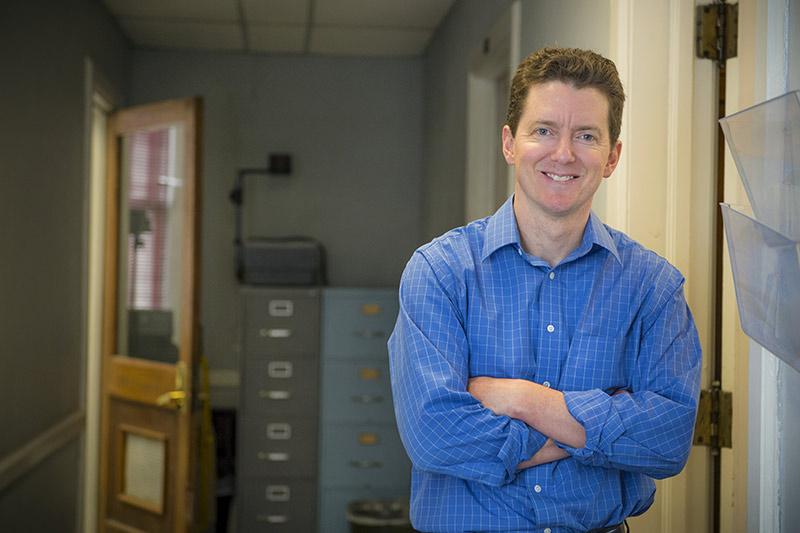Tulane University awarded $10 million grant to launch national school choice research center
The U.S. Department of Education’s Institute of Education Sciences has awarded a five-year, $10 million grant to Tulane University to study how different approaches to school choice, such as voucher programs and charter schools, can better serve disadvantaged students.
The grant will create the National Center for Research on Education Access and Choice (REACH), a first-of-its-kind center that will be housed at Tulane and led by prominent education scholars from around the country, including Douglas Harris of Tulane, Joshua Cowen and Katharine Strunk of Michigan State University, Julie Marsh of the University of Southern California and Amy Ellen Schwartz of Syracuse University.
Most states have charter school systems, and more than half have voucher or tuition tax-credit policies that allow students to use public funds to attend private schools. School choice programs have delivered some notable successesin cities like Boston, New York and New Orleans but have not succeeded everywhere.
“We designed REACH to answer one big question: How can we improve policy and implementation to make school choice deliver on its promise of raising outcomes and increasing opportunities for disadvantaged students?” said Harris, professor of economics and Schleider Foundation Chair in Public Education at Tulane.
Researchers will focus on how school choice is working for students of color, low-income families, English-language learners and those with disabilities, as well as other disadvantaged students. REACH will track student outcomes and other metrics in essentially every school and every state.
Five key policy areas—transportation, communication strategies, enrollment systems, oversight and teacher supply—are most likely to drive the success of choice policies. Investigators will study these in depth in Louisiana, Michigan, Florida, Oregon, Denver, New Orleans, New York City and Washington, D.C.
REACH is funded exclusively by the Institute of Education Sciences. It also includes researchers and policy experts from the Brookings Institution; Florida State University; Johns Hopkins University; Montclair State University; RAND Corp.; Temple University; University of California, Irvine; University of North Carolina; University of Texas and University of Maryland, Baltimore County.
The center will receive input from a National Policy Advisory Board representing public, private and charter schools across the country and a wide spectrum of stakeholders in education.
“This is an unusual partnership amongst education organizations that often disagree about school choice but agree on the importance of objective and rigorous evidence in evaluating the programs and making policy decisions,” Harris said.

